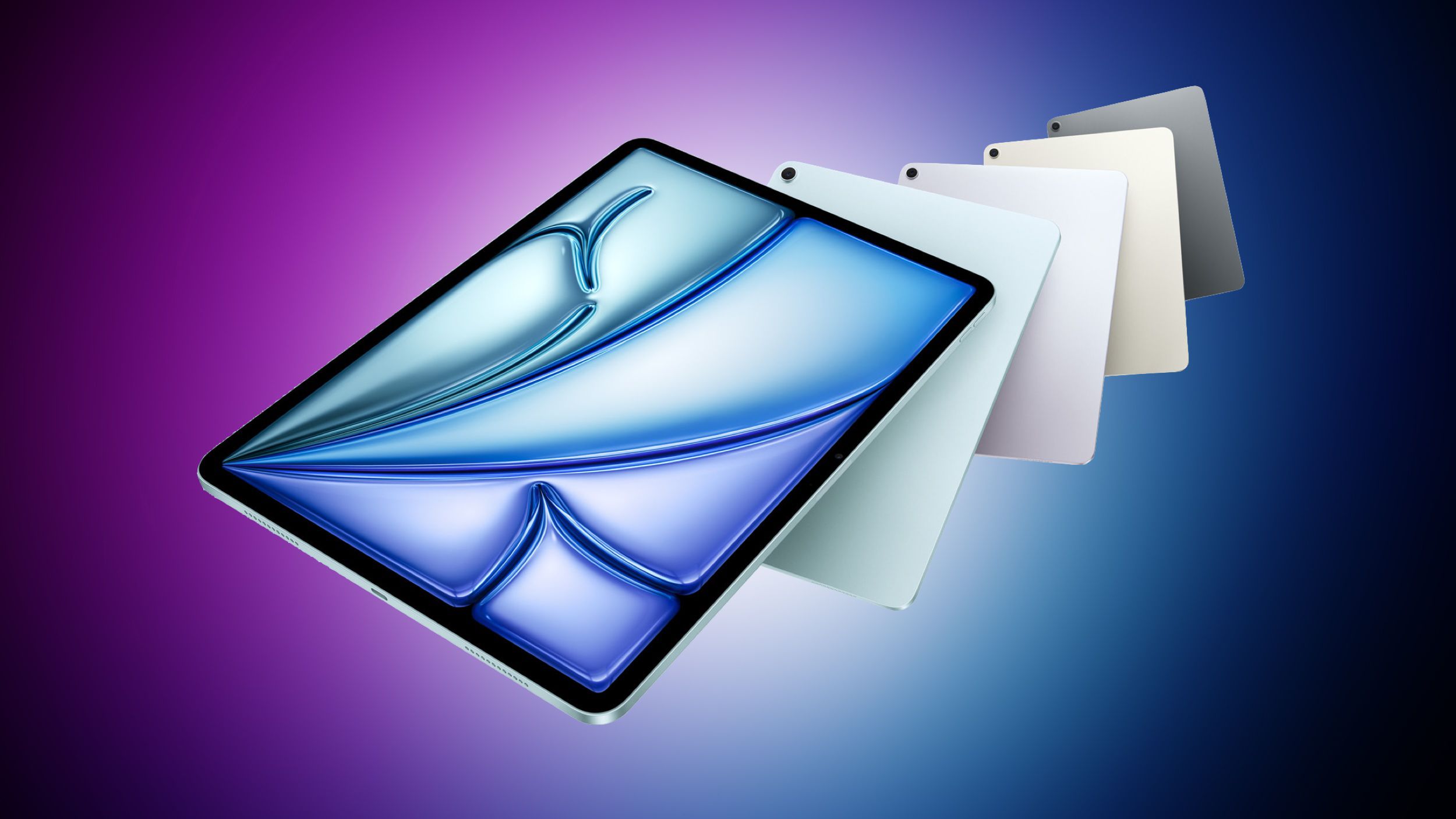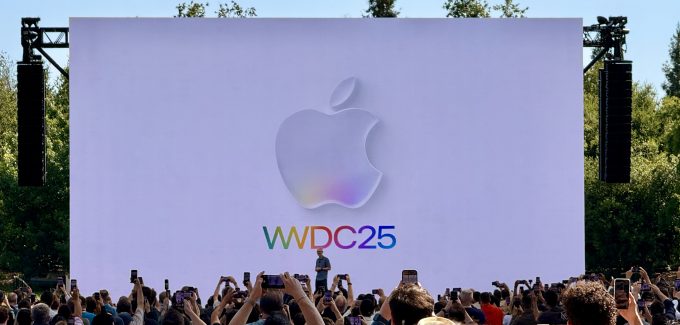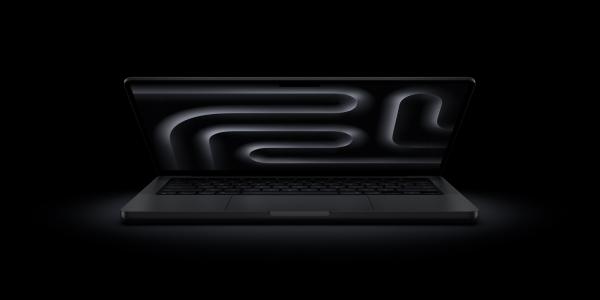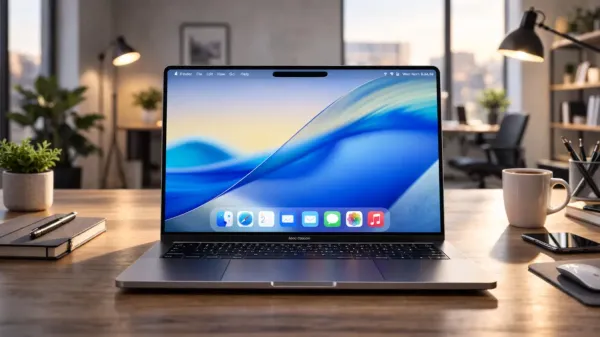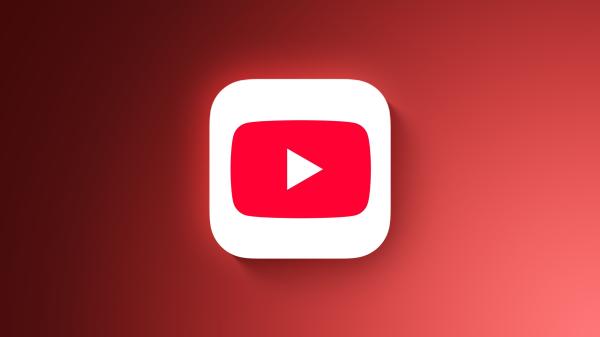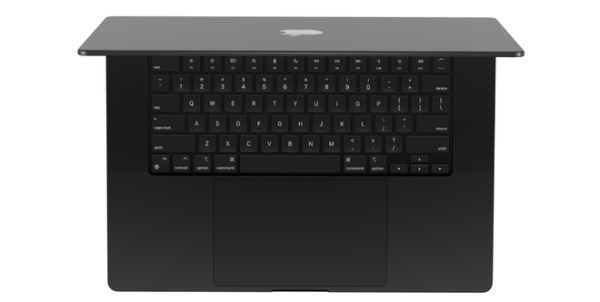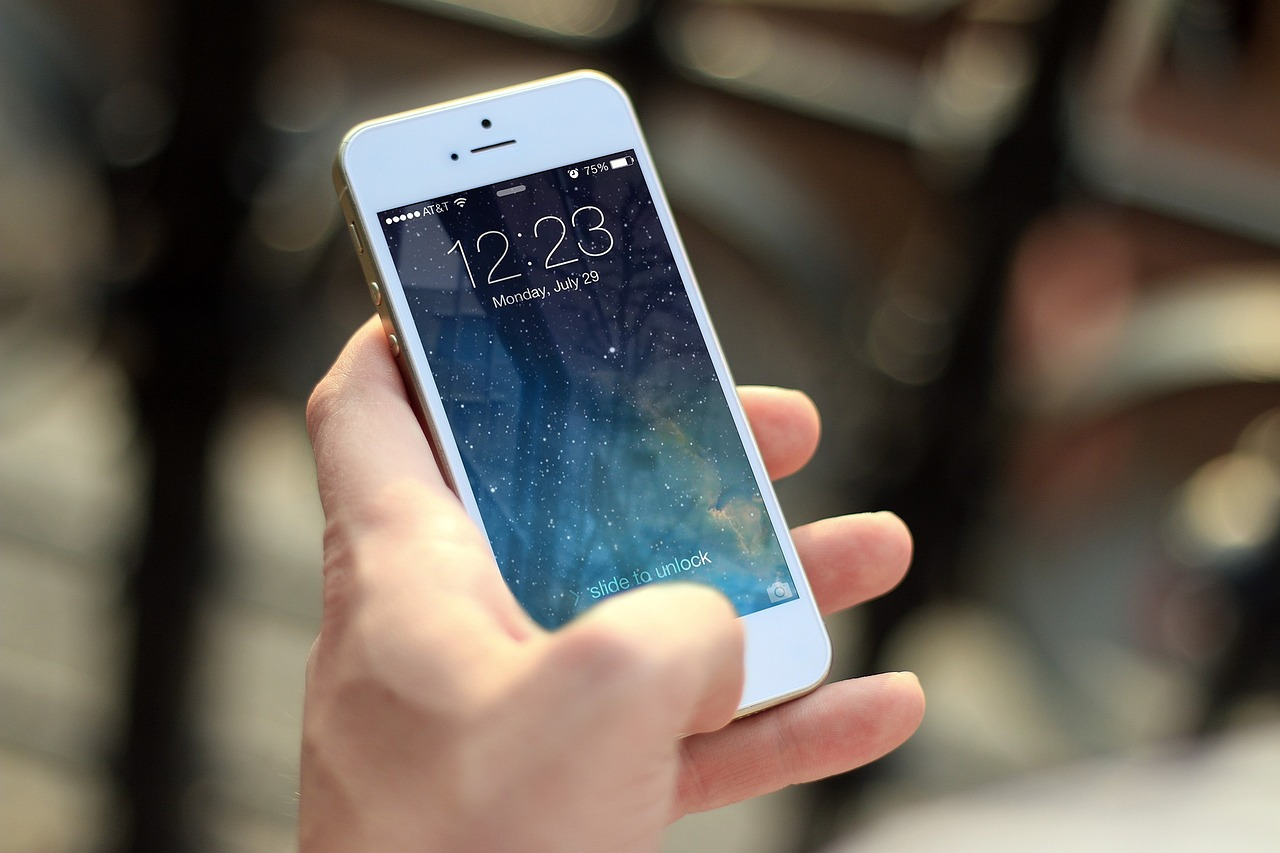
When Steve Jobs announced the release of an Apple mobile device in 2007, he stated, "Today, Apple is going to reinvent the phone." Describing the iPhone as an iPod with touch controls, a phone and a breakthrough internet communications device, the tech world was astounded by the boldness of his claims with very few believing the hype surrounding the announcement. Fast forward 17 years, the iPhone has been a phenomenon, turning the definition of a mobile phone on its head while irrevocably changing the way that we lead our lives. Let's take a look at the impact this seminal technology has had on our recent history and how it continues to influence our everyday lives.
Mobile phone design
Before the iPhone, mobile phones had a very different look. Some of the most popular pre-Apple mobile phones like the Nokia 1100 and the Motorola Razr possessed functional, basic software, providing a device for users to make calls and messages, but very little else. While some companies endeavoured to add additional features like internet access, music software and games, often the results were clunky and ineffective. From a hardware perspective, the touchscreen was still in its early days with most mobile phones still using the traditional keypad, and possessing much smaller screens compared to today's smartphones.
The release of the iPhone revolutionized mobile device design. Compared to its contemporaries, the iPhone was sleek and modern, possessing a simple yet futuristic look. Furthermore, the innovative iOS operating system within the phone offered users an extensive yet easy-to-use interface. The launch of the App Store and the resultant advent of app-based programs was also the first of its kind. At this time, Apple set the standard for mobile phone companies. Their prowess drove innovation in the sector, forcing other companies to try and keep pace. The result has been a rapid expansion of the mobile phone market with several Android companies developing devices equally as impressive. It is imperative to understand that the eventual success of these companies stemmed from mimicking the Apple model, developing a similar style of phone and incorporating their own app database, the Play Store.
Launch of the App Store
It is important to remember the state of the mobile phone industry before 2007. Mobile phones were primarily for one thing, making and receiving calls from friends, family, colleagues and clients. This all changed with the iPhone and the launch of the App Store in 2008. While Apple had already conceptualized the app as an effective format for their in-built applications such as iTunes, iPhoto and Safari, the App Store allowed a myriad of different tech companies to develop their own apps that could be downloaded by users. There were 500 apps available to download when the store was first launched, there are now nearly 2 million. The App Store transformed the mobile from a phone simply for calling and texting into a device capable of providing endless entertainment and utility. Spotify, Uber and YouTube are all examples of companies that have developed apps for the iPhone that highlight the impact the App Store has had on the way we use our phones.
Online all the time
Thanks to the iPhone, we now have access to the internet like never before. Simply by tapping on an app, we can enter the vast online arena. The emergence of the internet, social media and other digital environments is closely linked to the development of the iPhone, with the platform the device provided proving essential. The combination of internet access and app innovation has led to a huge surge of industries developing online 'virtual' versions of services. A key example is in the banking sector. You can now check your balance and access your account through banking apps. In fact, you can now spend your money using your digital wallet on your phone. Another industry that has benefited is the gaming industry. The emergence of the iPhone has resulted in the development of a massive mobile gambling sector. Games have moved from something that started as previously entirely stationary, to something that is now primarily not just portable, but mostly mobile-based. Whereas in the past you would have to venture out to the casino or the bookies, you can now play slots online in the UK and across the world from your bed. We have become so accustomed to using the internet on our phones for so much of our everyday activities, that it is very easy to forget a time before.
Improved communications
It's hard to imagine how we communicated with each other before the advent of smartphones and the resultant surge in communications technology. The development of Apple features such as iMessage and Facetime provided ways of communicating that had never been seen before. These features redefined our ability to connect with others. Whether you wanted to check in with your grandparents or organise key business meetings, these new features enabled you to communicate with others far more easily and effectively. Furthermore, with the launch of the app store and as app technology continued to evolve, other developers released their own innovative apps like WhatsApp, Facebook Messenger, Snapchat and Zoom. These apps focused further on different aspects of communicating, providing a wealth of different ways to connect with others. The advent of social media has further revolutionised our communications, the whole world is now connected with nearly 5 billion of us on one platform or another. It is hard to envisage social media growing into the behemoth it has become today without the foundation that the iPhone originally provided.
Taking another look at the statement Steve Jobs made when he announced the iPhone, it is undeniable that what he declared has come true. The iPhone completely changed our understanding of the mobile phone and our expectations of what a phone should provide to our lives. Without that technological advancement, the core aspects that underpin the modern world would not be able to exist. Without the iPhone, forget about streaming the latest podcast, posting your favourite selfie, or even calling a taxi. Amazingly, 'to reinvent the phone' now seems like an understatement.



